In this article
Placing mothballs around plants is an old tactic to keep cats away. But do mothballs keep cats away? Whether it’s effective or not is up for debate, the real issue is that mothballs are toxic to plants, dogs, cats, and people, so they shouldn’t be used in this way.
Here, we take a closer look into why you shouldn’t use mothballs to keep cats away, and what alternatives to use instead.

What Are Mothballs?
Mothballs are balls made up of chemicals and pesticides. They have traditionally been used as a means of repelling or killing moths and other insects that attack clothing and fabric. The balls are solid at room temperature, but they slowly give off a gas and deplete over time.
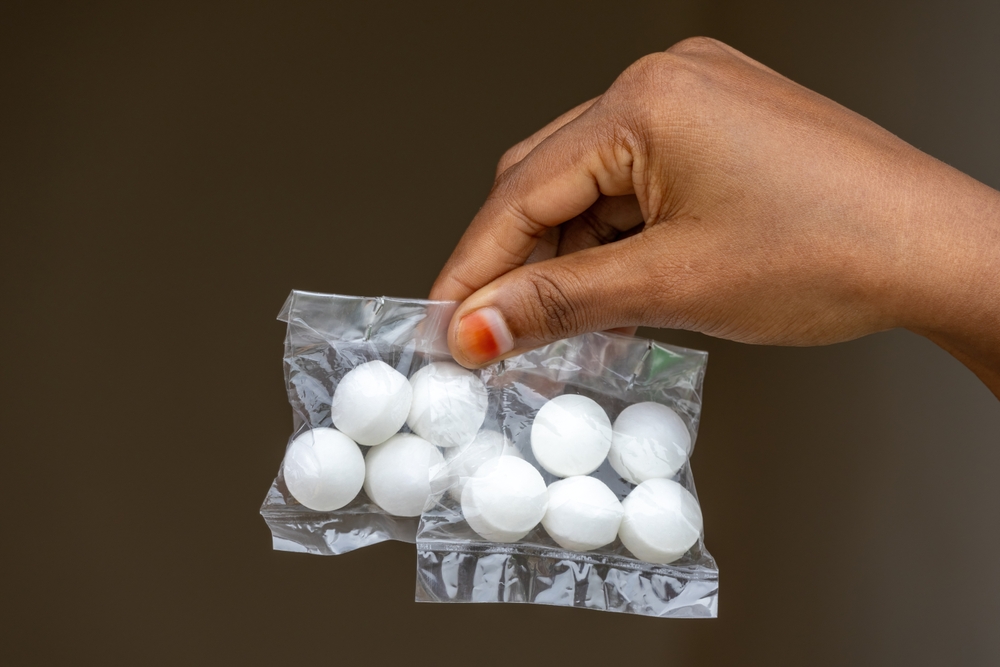
Are Mothballs Toxic?
Mothballs look innocuous but they are toxic. They contain pesticides and chemicals that are slowly released into the local atmosphere, and if you can smell a mothball, it means that you are inhaling the fumes. The proper way to use mothballs is to put the item of clothing in a sealed container with the mothball and leave it until the moths are dead.
The clothing should then be thoroughly washed, and the mothball disposed of or stored properly. Mothballs are controlled, and their use is regulated by the Environmental Protection Agency. In some areas, the use of mothballs in any way other than their intended use may be illegal.
Besides being harmful to people, mothballs are potentially toxic to dogs, cats, and other wildlife. They should not be used to try to ward off cats or other animals.
One of the ways that mothballs are commonly used incorrectly is when they’re placed around flower beds to prevent neighborhood cats from destroying the flowers. Besides being toxic to cats and wildlife, the chemicals in mothballs can get into the soil. If you use them around fruit, vegetables, or other edible plants, you could do yourself a lot of harm.

What to Do If a Cat Has Eaten Mothballs
Even inhaling the fumes from mothballs can be very dangerous for cats, but the problem is exacerbated if a cat eats one. Quick treatment is essential in these cases, and you should contact a vet as soon as possible to give the cat the best chance of survival.
Signs of mothball poisoning include gastrointestinal problems, weakness and lethargy, breathing issues, and even tremors and seizures. It can even lead to kidney or liver damage, which if untreated, can prove fatal. Although there is no antidote for mothball poisoning, the prognosis is positive if exposure if minimal and your cat gets prompt veterinary care. If the exposure is minimal, get your cat to a vet as soon as possible.
The treatment that the vet would use in this instance is based on the signs that your cat displays. In other words, a vet will try to support them as best as possible and alleviate their clinical signs with modalities like fluid therapy, medication, oxygenation, etc.
If you need to speak with a vet but can't get to one, head over to PangoVet. It's an online service where you can talk to a vet online and get the advice you need for your pet — all at an affordable price!


The 4 Alternative Humane Ways to Keep Cats Out of Your Flower Beds
If you do need to keep cats away from flower beds, there are safer and more effective methods. However, do note that not all these methods may definitively work in your situation.
1. Use Water
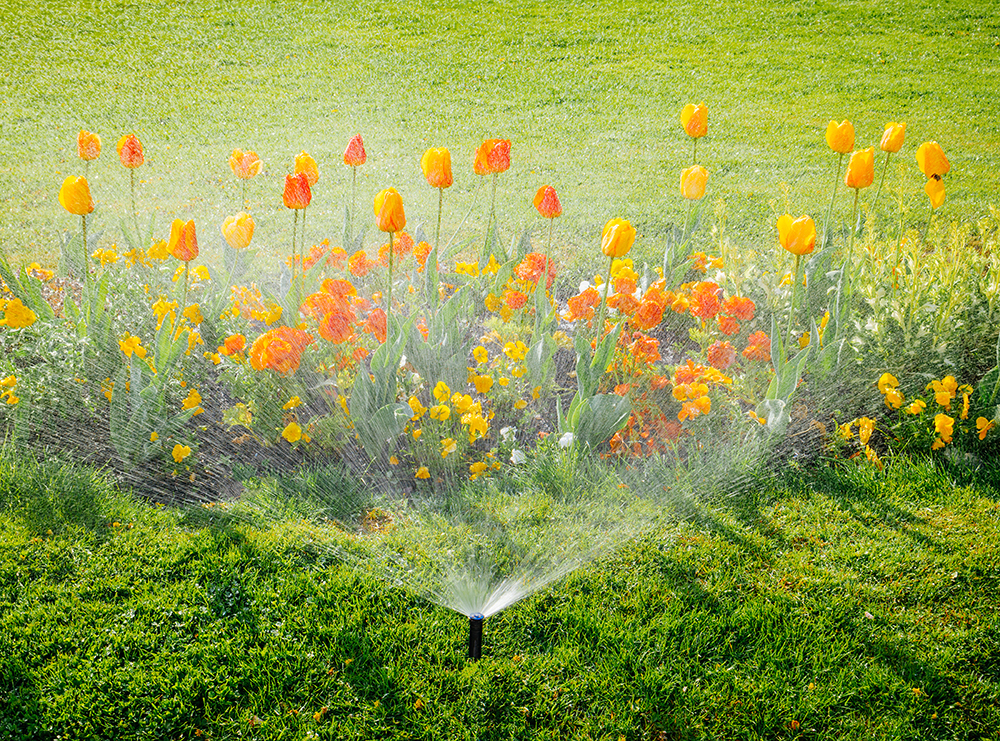
Some cats like swimming in water, but most hate the feeling of being sprayed by a water sprinkler, and you can buy sprinklers that include motion sensors. The water won’t harm or damage the cat, but it should be enough to spook them and scare them off. You may even find that wet soil will deter some cats from making the trek across sodden ground.
2. Use Floral Wire
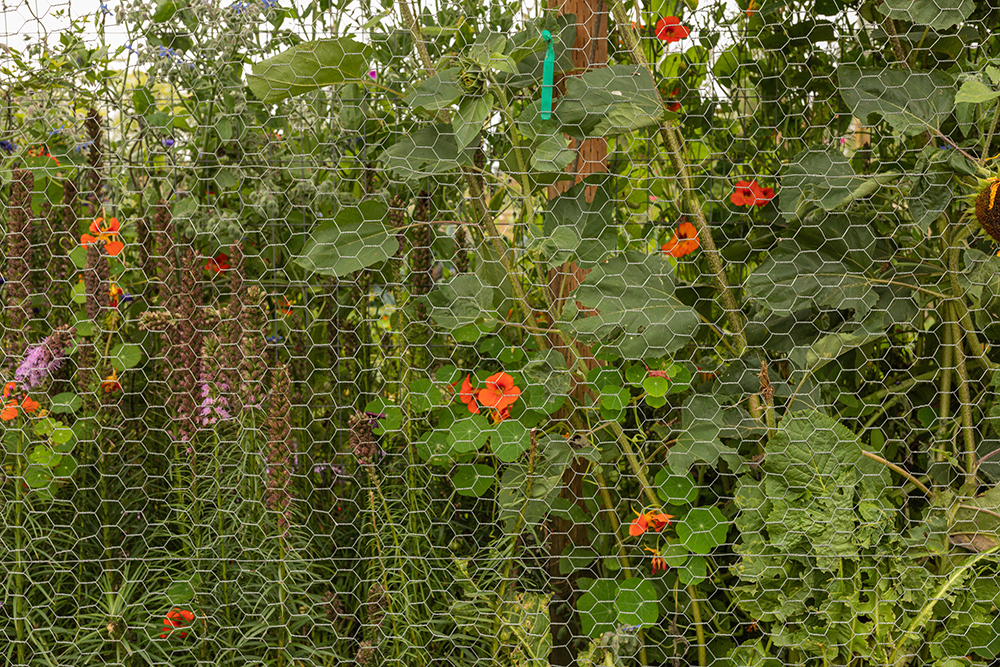
Floral wire is sharp and strong enough that it won’t be too easily damaged, but it won’t cause any real damage to cats. It can act as an effective means of preventing cats from curling up in your favorite flowers, and it is relatively inconspicuous, so you don’t have to stare at your makeshift cat deterrent whenever you’re in the garden.
3. Install Bird Netting
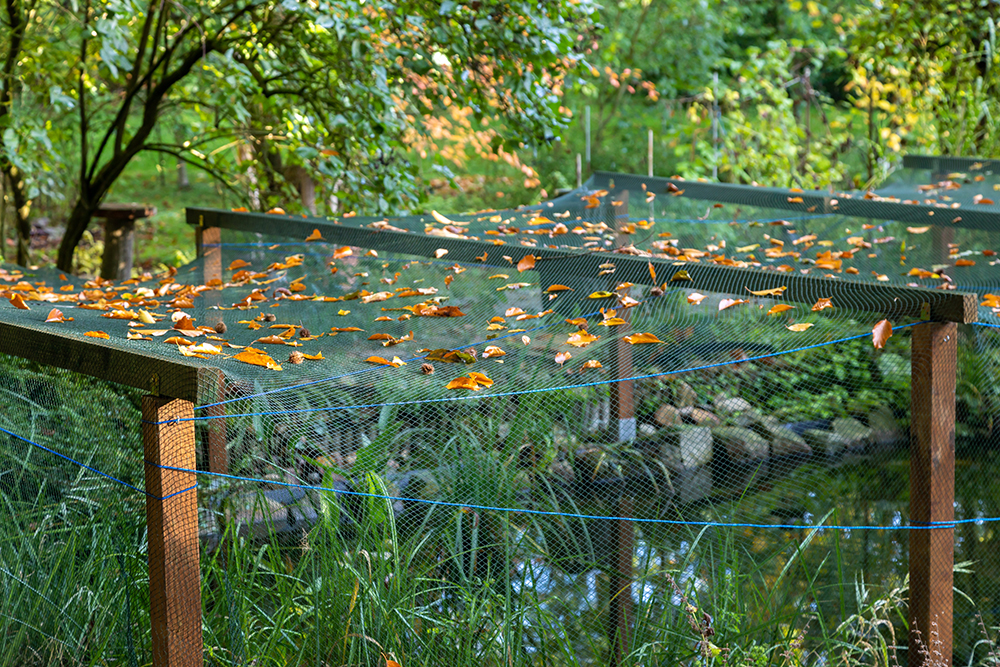
If you have very small and fragile seedlings and young plants, they need extra protection. Installing bird netting not only prevents winged diners but it can also help keep furry four-legged pests away.
4. Use Smells That Cats May Dislike

Cats may love the smell of catnip, and may definitely be drawn to it. Many people have tried to expand on this concept in the other, with claims that cats dislike the smell of citrus. However, it is entirely possible that a cat can become desensitized to the smell, leaving you with a cat in your garden and a plant that you might not have wanted in the first place.

What Is the Most Effective Cat Repellent?
Every cat is different, and while some repellants will work well for some cats, they won’t work for others. Although some people claim that felines dislike the smell of citrus, some kitties either don’t mind it or will put up with it if the potential payoff is attractive enough.
Vinegar will keep some cats away, but this isn’t necessarily true of all feline visitors. You can try to mix vinegar with water and then add lemon juice to create your own repellent. Start with a small amount to determine whether it works. You can always mix more later if it proves effective. However, do note that this concoction might harm your plants, so caution is advised.

Conclusion
Cats are inquisitive animals, and many enjoy chewing on plants or rubbing against them. While the cats might not intentionally mean harm to the plants, it can be frustrating for gardeners to have to keep replanting.
So, what’s the verdict? Do mothballs keep cats away? While the use of mothballs is an old tactic used by some people to deter cats, it is ineffective, and the chemicals and pesticides used in the creation of the mothballs can be toxic to cats, dogs, people, and wildlife. Using them in this way may also be illegal, and there are safer and more effective techniques to help prevent cat damage.
Featured Image Credit: Faizal Ramli, Shutterstock


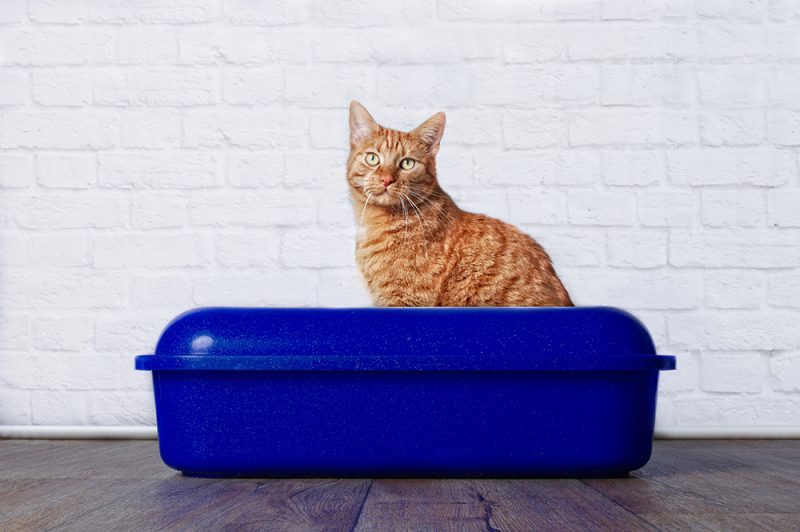
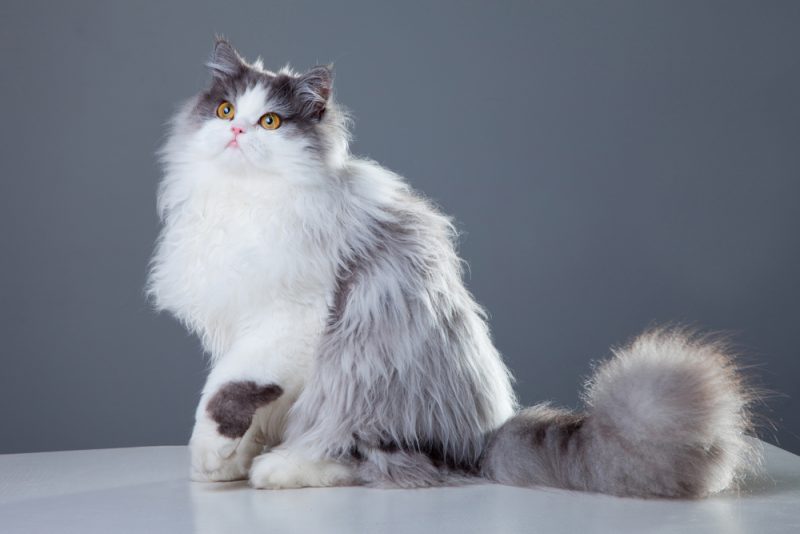

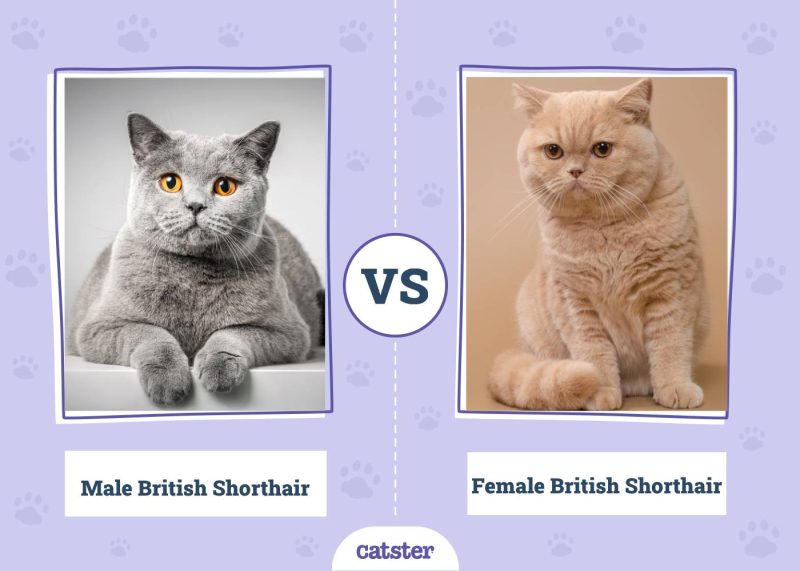
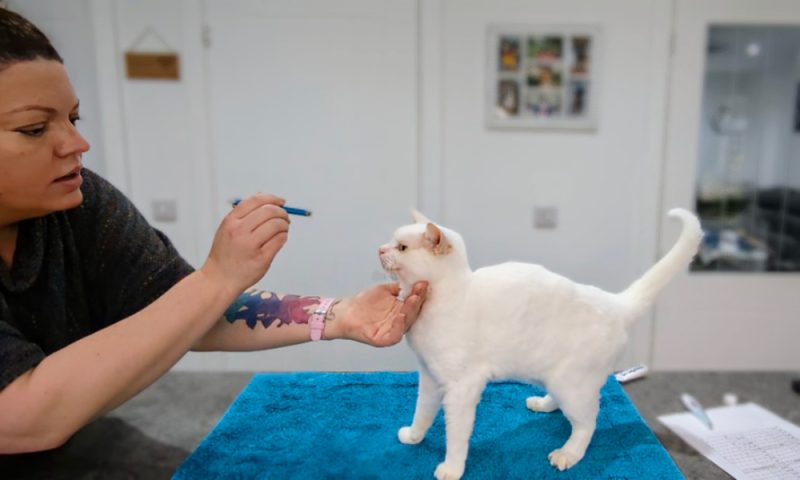
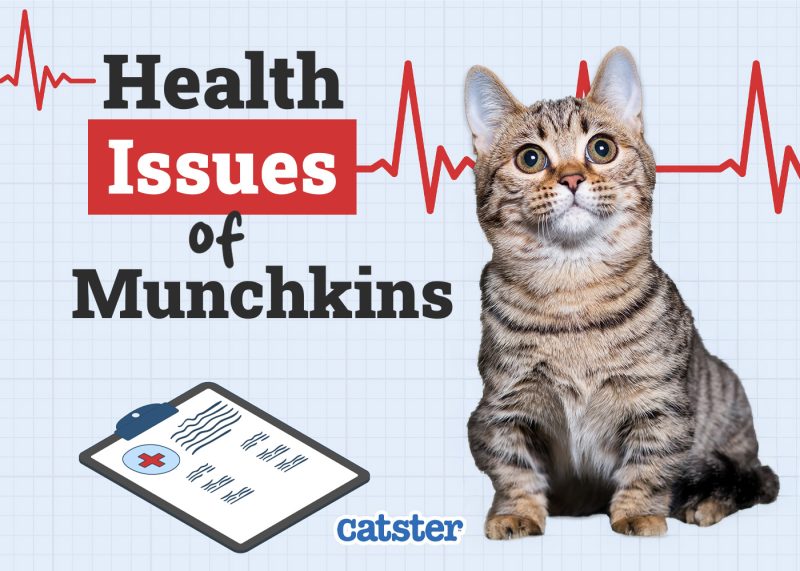


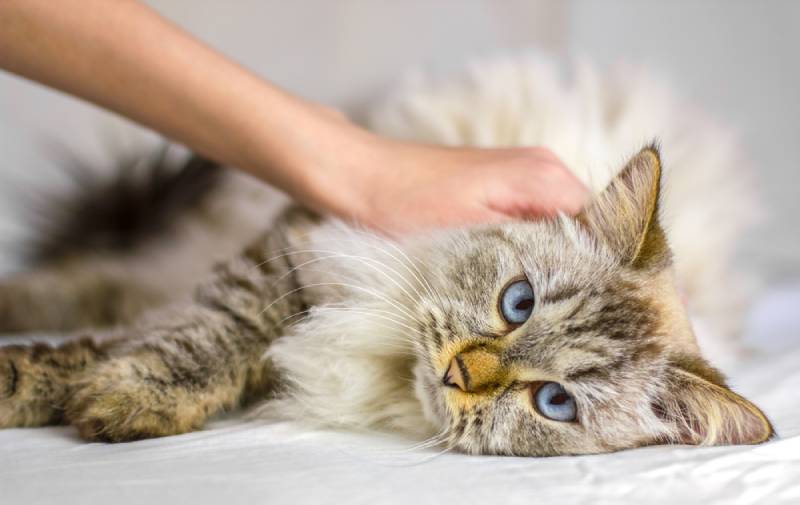
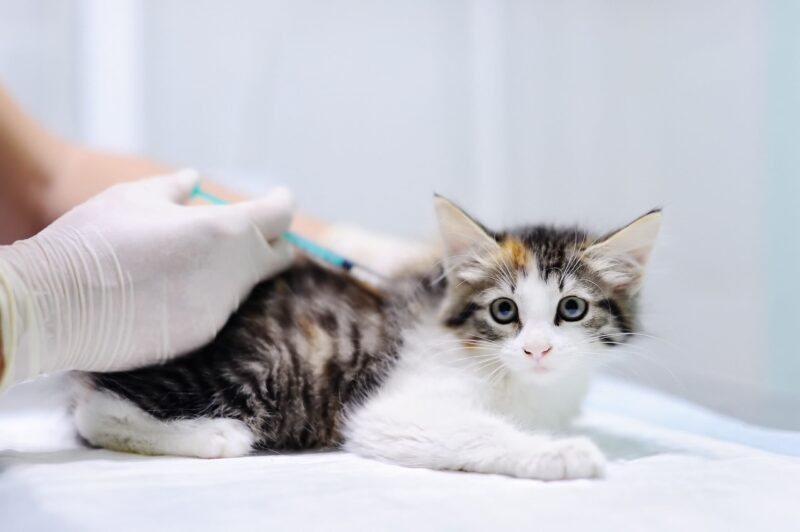

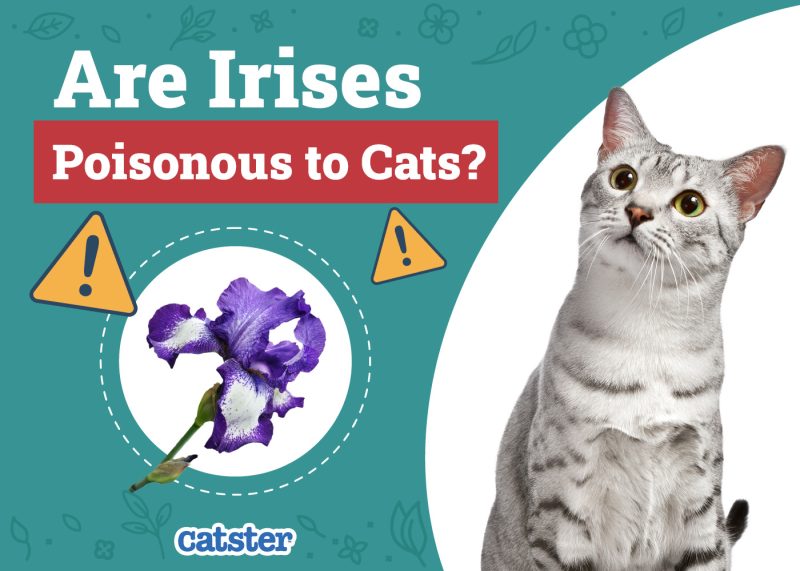
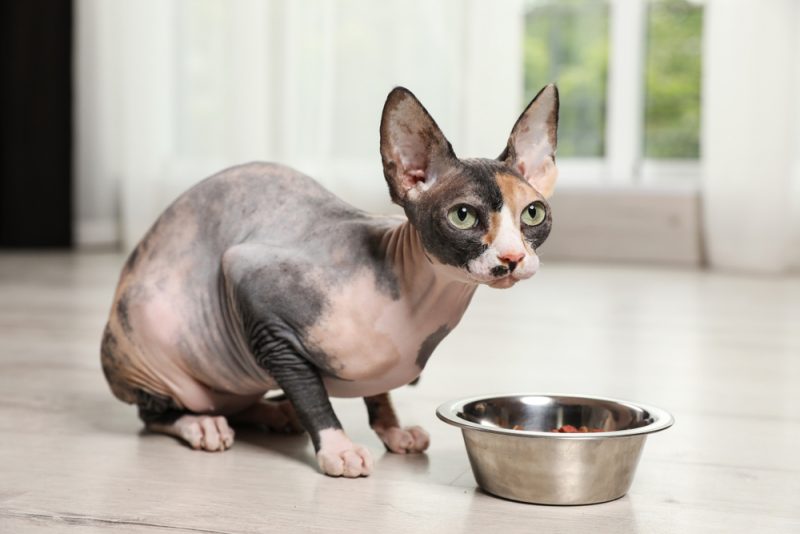
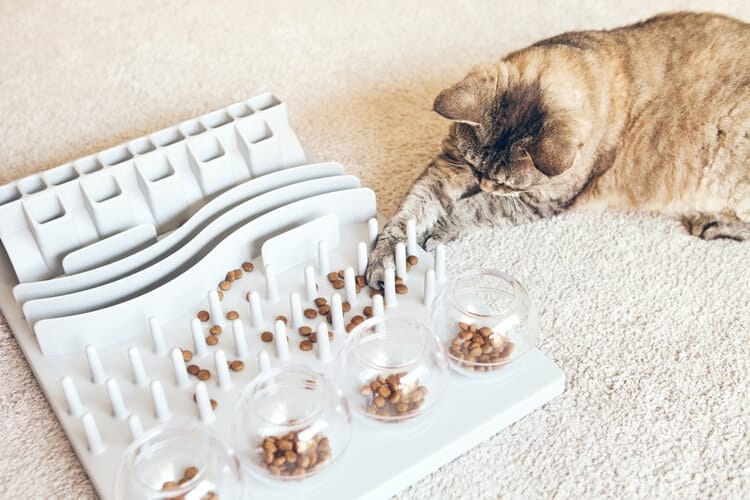
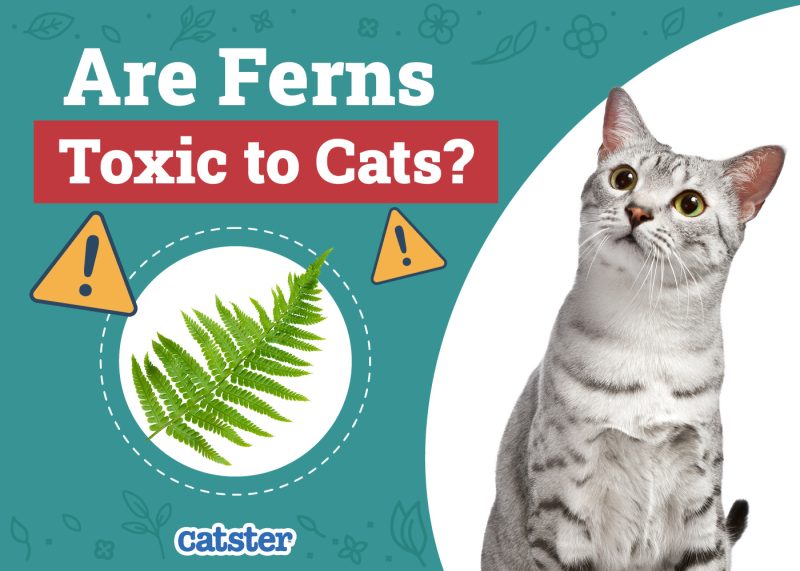
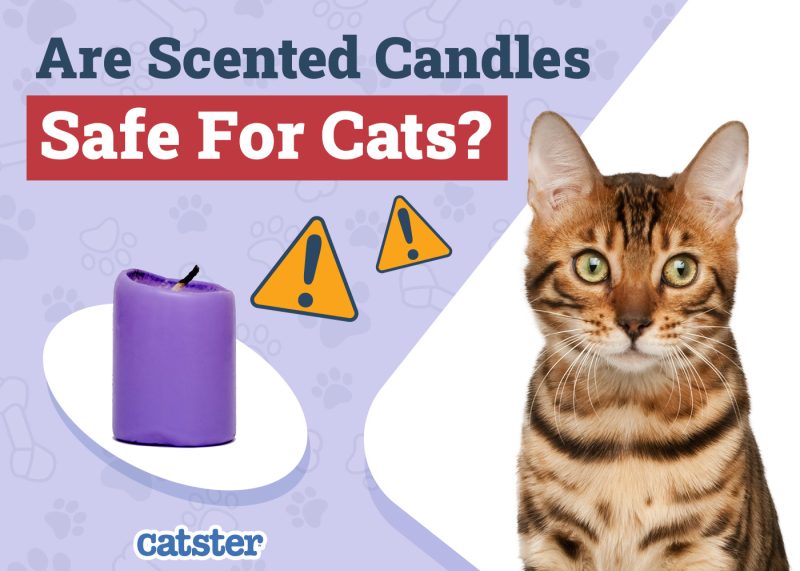

6 Responses
Cats are getting into my attic through a whole that I am ready to close up. But I don't want to risk a cat being stuck in there. How do I get these cats out and keep them out, so I can repair the whole?
Hi Tina. You can guide the cats out by installing a humane one-way exit door over the opening, allowing them to leave without being able to come back in. It helps to observe the setup for a few days with a motion-activated camera or a light layer of flour around the exit to see whether paw prints indicate movement in only one direction. To encourage them to leave on their own, place a strong-smelling food such as tuna, sardines, or warmed wet cat food just outside the opening so the scent draws them toward the exit. While doing this, take time to check for kittens, especially during spring and summer when litters are most common. A flashlight can help you examine hidden corners for any babies. If you discover kittens, it is safest to wait until they are weaned at about eight weeks of age, or to reach out to a local rescue or TNR group that has experience managing these situations.
wat to do for cat pooping daily in house compound metals
if mothballs don't keep them away; then what can i put in catfood to keep them away; for good !! alive or not ? my motorcycle seat is 700.00 usd
Hi eddie, sorry to hear that, perhaps you could try some of these ideas: https://www.catster.com/lifestyle/how-to-keep-cats-off-cars/
fed up with neighbours cat poops around house baby metals
likes cats much
but now hates it